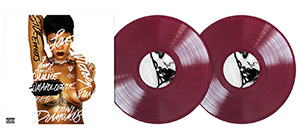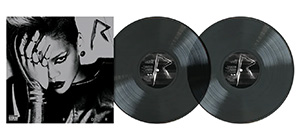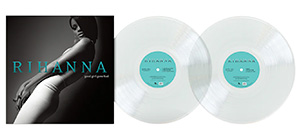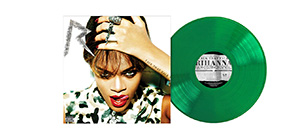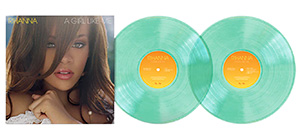‘Ain’t Supposed to Die a Natural Death’: Melvin Van Peebles’ Remarkable Album
The album is a series of extraordinary ghetto vignettes imbued with humor, pain, and poignancy.
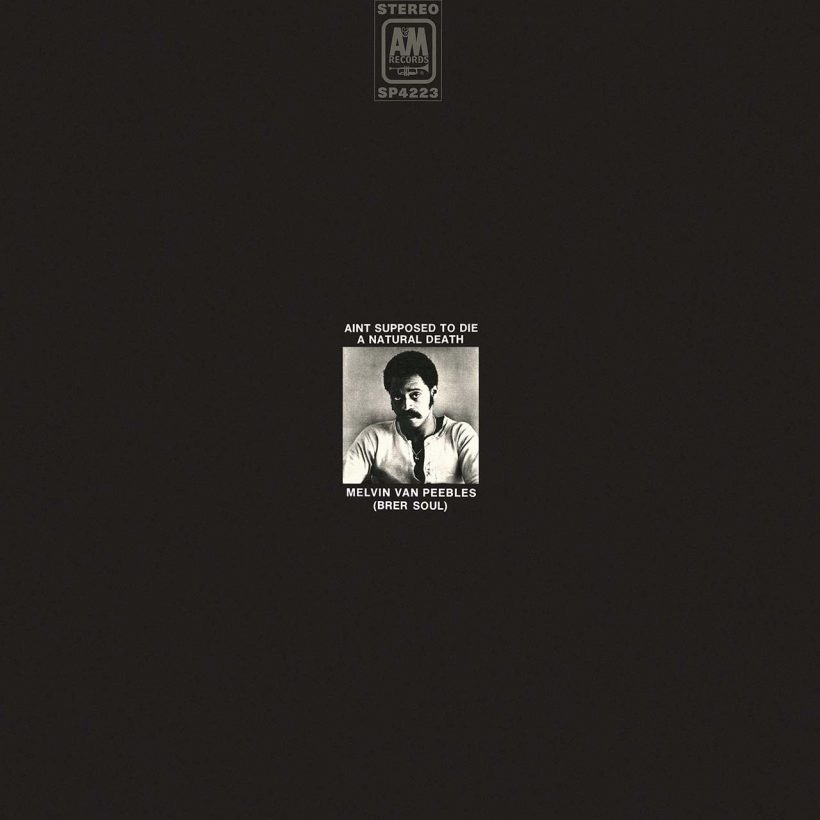
Melvin Van Peebles’s landmark 1971 film Sweet Sweetback’s Baadasssss Song was the cinematic Big Bang of the Blaxploitation genre. The story of a male sex performer who becomes a fugitive after defending a young radical being beaten by police, its opening credits famously announced, “Starring THE BLACK COMMUNITY.” “Before that time there had been no Black movies that mirrored the wants and desires of the urban proletariat,” Van Peebles recalled in 1990. But the antecedent to Sweetback’s revolutionary storytelling can be heard in Van Peebles remarkable work as a recording artist.
Listen to Melvin Van Peebles’ Ain’t Supposed to Die a Natural Death on Apple Music or Spotify.
A multidisciplinary artist who was also a playwright, author and painter, Van Peebles (who passed away in September 2021 at age 89) came to music with no formal training but with a wealth of life experience. Just as he believed that Hollywood failed to present adequately expressive Black stories onscreen, so too he felt that Black popular music was severely limited. So he went into the studio with a line-up of accomplished musicians led by drummer/arranger Warren Smith, and in his distinct Southside Chicago drawl spoke/sung compositions that gave voice to characters that white society had long marginalized.
Like Van Peebles’ 1969 debut, Brer Soul, Ain’t Supposed to Die a Natural Death (shortened from A Slave Ain’t Supposed to Die a Natural Death) burns with humanity and urgency, its ghetto vignettes imbued with humor, pain, and poignancy. Voicing the streetwalker of “Funky Girl On Motherless Broadway” Van Peebles affectionately portrays her as both sassy (“You know what balling is/It’s a poot in old death’s face”) and sage (“The world is all scabs and broken needles/Unless someone cares for you anyway”). As “I Got the Blood’s” prizefight bettor, he’s not above hilariously name-checking the movement in order to lure a sucker bet on a so-called great white hype (“…I’m a militant/My dashiki’s in the cleaner but I’m a lieutenant/So take my money…”). The beautifully intimate “Three Boxes of Longs” finds Van Peebles’s narrator alone with his thoughts, marveling at the stillness of the city after hours, knowing its ruthlessness never really rests: “How come day break and don’t fall/And night fall and don’t break/And blue eyes can’t be satisfied/ Unless his foot’s up me.”
Driven by Smith and company’s furious backing and dissonant electric harpsichord, “Come On Feet Do Your Thing” flips the minstrel era saying “Feets Don’t Fail Me Now” on its head for the Black Power era, advocating self-help over helpless prayer. Van Peebles practiced what he preached. Ever resourceful, he’d not only reprise the track as one of the key songs for Sweetback, he’d also utilize many of Ain’t Supposed to Die a Natural Death’s (and its predecessor’s) groundbreaking compositions for his 1971 multi-Tony Award-nominated Broadway theatrical production of the same name. Reviving the show in the 2000s – after a younger generation of listeners had also embraced his songs via hip-hop samples – Van Peebles staged it interactively, the demarcation between performers and audience non-existent. Not surprisingly its immediacy still resonated, as it does today.
Listen to Melvin Van Peebles’ Ain’t Supposed to Die a Natural Death on Apple Music or Spotify.


